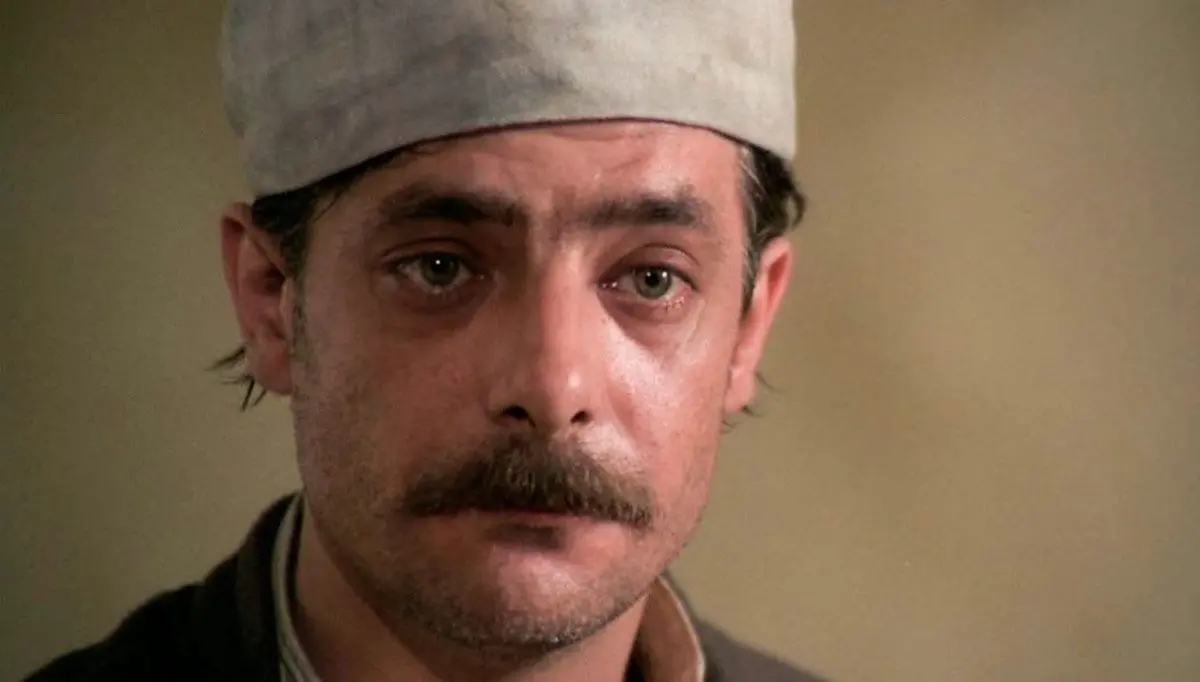
We use cookies
We use cookies and other tracking technologies to improve your browsing experience on our website, to show you personalized content and targeted ads, to analyze our website traffic, and to understand where our visitors are coming from.

Pasqualino Settebellezze is a guappo: a small-time hood who likes to make sure he is paid respect while strolling the alleys and staircases of Naples, including the Scale del Moiariello in Capodimonte, with a flower in his buttonhole that he will later present to a young lady in Vico Sopramuro Ave Gratia Plena, and crossing the Ponte della Sanità looking proud. But the truth is another and one can’t expect to be respected when your older sister is a prostitute. Local boss Don Raffaele reminds him of this while he is having his shoes shined in the Galleria Principe di Napoli. A mistake that determines an honour killing: this takes place in Aversa (CE) and features various alleys and squares and a votive altar in vicolo Spirito Santo. However, things do not go as hoped.
With the wisdom of experience, Don Raffaele ponders how the Cimitero delle Fontanelle at first housed only 500 skeletons, but these have over time become 5,000. It’s time to be imaginative. Having learnt the lesson, Pasqualino gets a driver to take him to the station: he leaves from Piazza del Duomo in Aversa, crossing the Rampe di Sant’Antonio in Naples, which offer a beautiful view of the Gulf from above, and reaches the courtyard of Castel Capuano.
It doesn’t help: Pasqualino tries to escape justice, heading off over the roofs and arches near Via dei Tribunali in Naples, he is then tried in the Sala dei Busti in Castel Capuano and imprisoned in the Castello Aragonese di Baia, in Bacoli (Naples) not far from the clearing where days earlier he had met a girl with a sandwich promising that he would marry her within the next few years.
His transfer to the criminal asylum travels through the station of Aversa, while the Nazi lager where he is imprisoned is the former Cartiere Tiburtine factory in Tivoli (RM).
Pasqualino Settebellezze is a guappo: a small-time hood who likes to make sure he is paid respect while strolling the alleys and staircases of Naples, including the Scale del Moiariello in Capodimonte, with a flower in his buttonhole that he will later present to a young lady in Vico Sopramuro Ave Gratia Plena, and crossing the Ponte della Sanità looking proud. But the truth is another and one can’t expect to be respected when your older sister is a prostitute. Local boss Don Raffaele reminds him of this while he is having his shoes shined in the Galleria Principe di Napoli. A mistake that determines an honour killing: this takes place in Aversa (CE) and features various alleys and squares and a votive altar in vicolo Spirito Santo. However, things do not go as hoped.
With the wisdom of experience, Don Raffaele ponders how the Cimitero delle Fontanelle at first housed only 500 skeletons, but these have over time become 5,000. It’s time to be imaginative. Having learnt the lesson, Pasqualino gets a driver to take him to the station: he leaves from Piazza del Duomo in Aversa, crossing the Rampe di Sant’Antonio in Naples, which offer a beautiful view of the Gulf from above, and reaches the courtyard of Castel Capuano.
It doesn’t help: Pasqualino tries to escape justice, heading off over the roofs and arches near Via dei Tribunali in Naples, he is then tried in the Sala dei Busti in Castel Capuano and imprisoned in the Castello Aragonese di Baia, in Bacoli (Naples) not far from the clearing where days earlier he had met a girl with a sandwich promising that he would marry her within the next few years.
His transfer to the criminal asylum travels through the station of Aversa, while the Nazi lager where he is imprisoned is the former Cartiere Tiburtine factory in Tivoli (RM).

In 1930’s Naples, Pasqualino is the only male in a family of seven, rather unattractive women. Found guilty of the murder of his sister’s seducer, he serves his sentence first in a criminal mental asylum and then by signing up for the army where he will face the horrors of Nazism. He survives the war thanks to his philosophy of “getting by” but the experience will deeply change him.